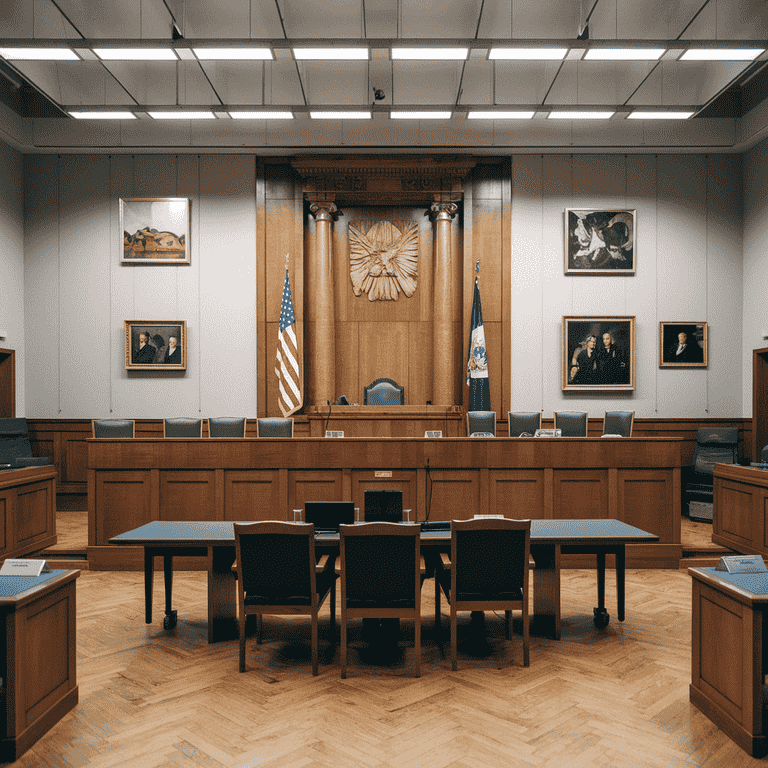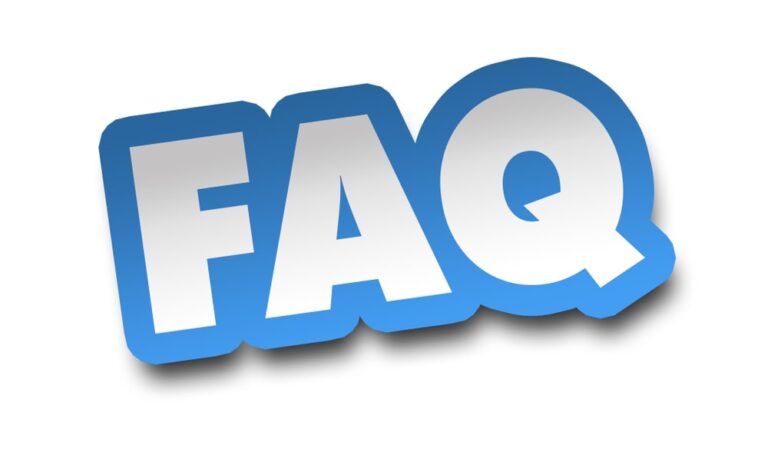What You Need to Know
What is a DUI Plea Bargain?
A DUI plea bargain is an agreement between a defendant and the prosecution. It allows the defendant to plead guilty to a lesser charge or receive a reduced sentence in exchange for avoiding a trial. This process is common in DUI cases, where the stakes can be high.

 The definition and purpose of a plea bargain
The definition and purpose of a plea bargain
In simple terms, a plea bargain is a negotiation. It involves the defendant agreeing to plead guilty to a charge that is less severe than the original DUI charge. This often helps both parties. For the defendant, it can mean lighter penalties. For the prosecution, it saves time and resources that would be spent on a trial.
The role of plea bargaining in DUI cases
Plea bargaining plays an important role in DUI cases. It can:
- Expedite the legal process
- Offer a more predictable outcome for both sides
- Allow defendants to avoid the uncertainty of a trial
In many situations, especially in busy courts, plea bargains help reduce the backlog of cases, enabling the justice system to function more smoothly.
Types of DUI Plea Bargains
Negotiated plea bargains
These are the most common type. Here, the defendant and prosecutor negotiate terms before going to court. For example, a defendant charged with DUI may agree to plead guilty to reckless driving instead.
Alford plea
This unique type of plea allows defendants to maintain their innocence while acknowledging that the prosecution has enough evidence for a conviction. It can be beneficial for those who want to avoid the risks of a trial but don’t want to admit guilt.
Jacket plea
In a jacket plea, the defendant accepts a plea agreement based on their specific situation. This often involves conditions tailored to the defendant’s circumstances, such as attending rehabilitation programs or completing community service.
Benefits of Accepting a DUI Plea Bargain
Reduced penalties
One of the main advantages of a DUI plea bargain is the potential for reduced penalties. Instead of facing maximum sentences, a defendant might receive a lesser charge, resulting in:
- Shorter jail time
- Lower fines
- Less severe license suspensions
Avoiding a lengthy trial
Trials can be time-consuming and stressful. By accepting a plea bargain, defendants can skip the trial process entirely. This often leads to quicker resolutions, allowing them to move on with their lives.
The impact on criminal records
A DUI conviction can have long-lasting effects on a person’s record. A plea bargain can lead to a lesser charge that may not carry the same weight or impact as a DUI conviction. This can be crucial for future employment opportunities and personal relationships.

Potential Drawbacks of a DUI Plea Bargain
Admission of guilt
Accepting a plea bargain often requires an admission of guilt, even if the charge is less severe. This can carry psychological and social implications. It may affect how individuals perceive themselves and how others view them.
Long-term consequences
While plea bargains can reduce immediate penalties, they might have long-term repercussions. A lesser charge could still result in increased insurance rates, difficulty obtaining loans, or challenges in job applications.
Limited options for appeal
Once a plea bargain is accepted and the defendant is sentenced, their options for appeal are restricted. If new evidence arises or if the defendant feels unfairly treated, appealing a plea bargain can be much more difficult than appealing a trial verdict.
The Plea Bargaining Process for DUI Cases
Initial court appearance and charges
When you face DUI charges, your journey begins at the initial court appearance. This is often called an arraignment. During this time, the court will formally read the charges against you. You will then have the chance to enter a plea—guilty, not guilty, or no contest.
This is a significant moment. Many people may feel overwhelmed. It’s essential to understand your options. Consulting an attorney at this stage can help clarify your choices.
Negotiation with the prosecutor
Once you plead not guilty, the negotiation phase begins. This is where your attorney works with the prosecutor to find a suitable plea bargain. They will discuss the evidence, the severity of the charges, and any mitigating factors that may work in your favor.
Key factors in this negotiation can include:
- Prior criminal history
- The specifics of your case, like blood alcohol content (BAC)
- Whether there were any aggravating circumstances, such as an accident
Negotiations can take time. Be patient. This process is important for achieving the best possible outcome.
Formal acceptance in court
If you and the prosecutor reach an agreement, it’s time for formal acceptance in court. You will return to court for a hearing. During this session, the judge will review the plea bargain.
Here’s what happens:
- Judge explains the terms: The judge will clarify what the plea deal involves.
- Your acknowledgment: You must confirm that you understand the deal and its consequences.
- Sentencing: If the judge accepts the plea, they will proceed to sentencing based on the agreement.
Always remember, this is your opportunity to ask questions. Make sure you understand every part of the agreement before moving forward.

Factors Influencing DUI Plea Bargains
Several factors can influence the outcome of a DUI plea bargain. Understanding these elements can help you navigate the process more effectively.
Severity of the offense
The severity of your DUI charge plays a significant role in negotiations. For example, a first-time offender might receive a more lenient plea deal than someone with multiple offenses.
Prior criminal record
Your previous criminal history is also a factor. A clean record can lead to better plea options. In contrast, a history of offenses might limit your negotiating power.
Circumstances of the arrest
The details surrounding your arrest can impact the plea bargain. For instance, if you were cooperative during the arrest or if there were procedural errors, these factors may work in your favor.
How to Prepare for a DUI Plea Bargain
Preparation is key. Here’s how to get ready for your DUI plea bargain:
Consulting with a qualified attorney
First and foremost, talk to a knowledgeable attorney. They can provide insights into the legal process and help you understand your options. A good lawyer will guide you through every step, making sure you make informed choices.
Gathering evidence and documentation
Collect any relevant evidence related to your case. This may include:
- Police reports
- Witness statements
- Any other documentation that could support your case
Having this information ready can strengthen your position during negotiations.
Understanding your rights
Familiarize yourself with your rights. Know what you are entitled to, including the right to a fair trial. This knowledge can empower you in discussions with your attorney and the prosecutor.

What to Expect After a DUI Plea Bargain
Once you accept a DUI plea bargain, it’s essential to know what happens next.
Sentencing and penalties
After the court accepts your plea, the judge will impose the agreed-upon sentence. This can include:
- Jail time
- Fines
- Community service
- Alcohol education programs
The specifics will depend on the terms of the plea agreement.
Potential for probation
In many cases, you may be placed on probation instead of serving jail time. Probation comes with conditions, such as regular check-ins with a probation officer or attending counseling sessions.
Future implications on driving privileges
A DUI conviction can affect your driving privileges. Depending on the plea deal, you may face:
- License suspension
- Required alcohol education programs before reinstatement
- Possible SR-22 insurance requirements
Understanding these implications is essential for planning your next steps.

Breaking It All Down For You
Navigating a DUI plea bargain can be a complex process, but understanding the ins and outs can significantly impact the outcome of your case. It’s essential to grasp what a plea bargain entails and the various factors that can influence its terms. By consulting with a knowledgeable attorney, gathering necessary evidence, and knowing your rights, you can approach the situation with confidence.
Remember, a plea bargain doesn’t automatically mean an admission of guilt. Instead, it can be a strategic decision to secure a more favorable outcome. Misconceptions abound, but educating yourself on the realities of plea bargaining can help you make informed choices.
In the end, accepting a plea bargain can provide clarity and resolution in what may feel like an overwhelming situation. Whether it leads to reduced penalties or avoids the uncertainties of a trial, understanding this process is vital for anyone facing DUI charges.

Frequently Asked Questions
What factors influence a DUI plea bargain?
Several factors can impact a DUI plea bargain, including the severity of the offense, your criminal history, the strength of the evidence against you, and the potential for mitigating circumstances. An experienced attorney can analyze these elements and negotiate the best possible outcome for your case.
Can I change my plea after accepting a plea bargain?
Once you accept a plea bargain and the court accepts it, you typically cannot change your plea. It’s crucial to fully understand the agreement and its consequences before making any decisions.
What should I do if I disagree with my attorney's advice on a plea bargain?
If you feel uncertain about your attorney’s advice regarding a plea bargain, it’s important to communicate your concerns openly. Consider seeking a second opinion from another legal professional if you still feel uneasy after discussing it with your attorney.
How can I prepare for discussions about a plea bargain?
Preparing for discussions about a plea bargain involves gathering all relevant documents, understanding the charges against you, and knowing your rights. Be ready to discuss any mitigating factors that could influence the negotiations, such as your personal circumstances or lack of prior offenses.
What happens if I reject a plea bargain?
If you reject a plea bargain, your case will likely proceed to trial. This means you may face more severe penalties if convicted. It’s important to discuss the potential outcomes with your attorney before making this decision.
Can a DUI plea bargain affect my employment?
Yes, a DUI conviction can have repercussions on your employment, particularly if your job requires driving or if the employer has specific policies regarding criminal records. A plea bargain may help in minimizing these impacts, depending on the terms of the agreement.
Will I have to go to jail if I accept a plea bargain?
Whether you serve jail time after accepting a plea bargain depends on the specifics of your case and the terms of the agreement. In some situations, a plea bargain may result in reduced jail time or alternatives to incarceration, such as community service or probation.
How can I find the right attorney for negotiating a DUI plea bargain?
Finding the right attorney involves researching professionals with experience in DUI cases. Look for attorneys who have a strong track record of negotiating favorable plea bargains and who are well-versed in local laws and procedures. Personal recommendations and online reviews can also guide your decision.

Additional Resources for You
As you navigate your legal journey, we want to remind you that our lead attorney, Molly Rosenblum Allen, Esq., has created several valuable resources to assist you during this time. You can find information on important topics such as:
-
Second Time DUI: Insights and guidance for those facing a second DUI charge.
-
Marijuana DUI: Information about DUI charges related to marijuana use.
-
Nevada DUI Law: An overview of DUI laws specific to Nevada, including potential penalties.
-
Las Vegas Legal Alcohol Limit: Details about the legal blood alcohol concentration limits in Las Vegas.
These resources are designed to provide you with the support and knowledge you need as you address your legal challenges.

Offsite Resources You May Find Helpful
Here are some offsite resources that you may find useful related to DUI Plea Bargain in Las Vegas:
-
Nevada Revised Statutes on DUI: This site provides the exact legal language and penalties for DUI offenses in Nevada, which can be helpful to understand the seriousness of the charges and potential consequences.
-
American Bar Association’s Guide on Plea Bargains: This guide provides a detailed explanation of plea bargaining, its pros and cons, and its role in the legal system.
-
Nolo’s Guide on DUI and DWI: This guide provides information about DUI and DWI charges, defenses, and typical procedures for these types of cases, including plea bargains.
-
National Highway Traffic Safety Administration’s (NHTSA) Guide on Impaired Driving: This guide provides a broad overview of impaired driving, its risks, and the legal implications, including potential charges and defenses.

What's Next?
Are you in Las Vegas and need a DUI defense attorney?
Look no further- The Rosenblum Allen Law Firm has your back!
Our experienced attorneys are skilled at helping Las Vegans with their DUI cases, so you can have peace of mind knowing that our team is on the job.
We’re experienced, reliable, and dedicated to protecting your rights. So when finding an experienced legal team for a DUI case in Sin City, choose The Rosenblum Allen Law Firm. Call us today at (702) 433-2889, and let one of our attorneys help get justice for you!



